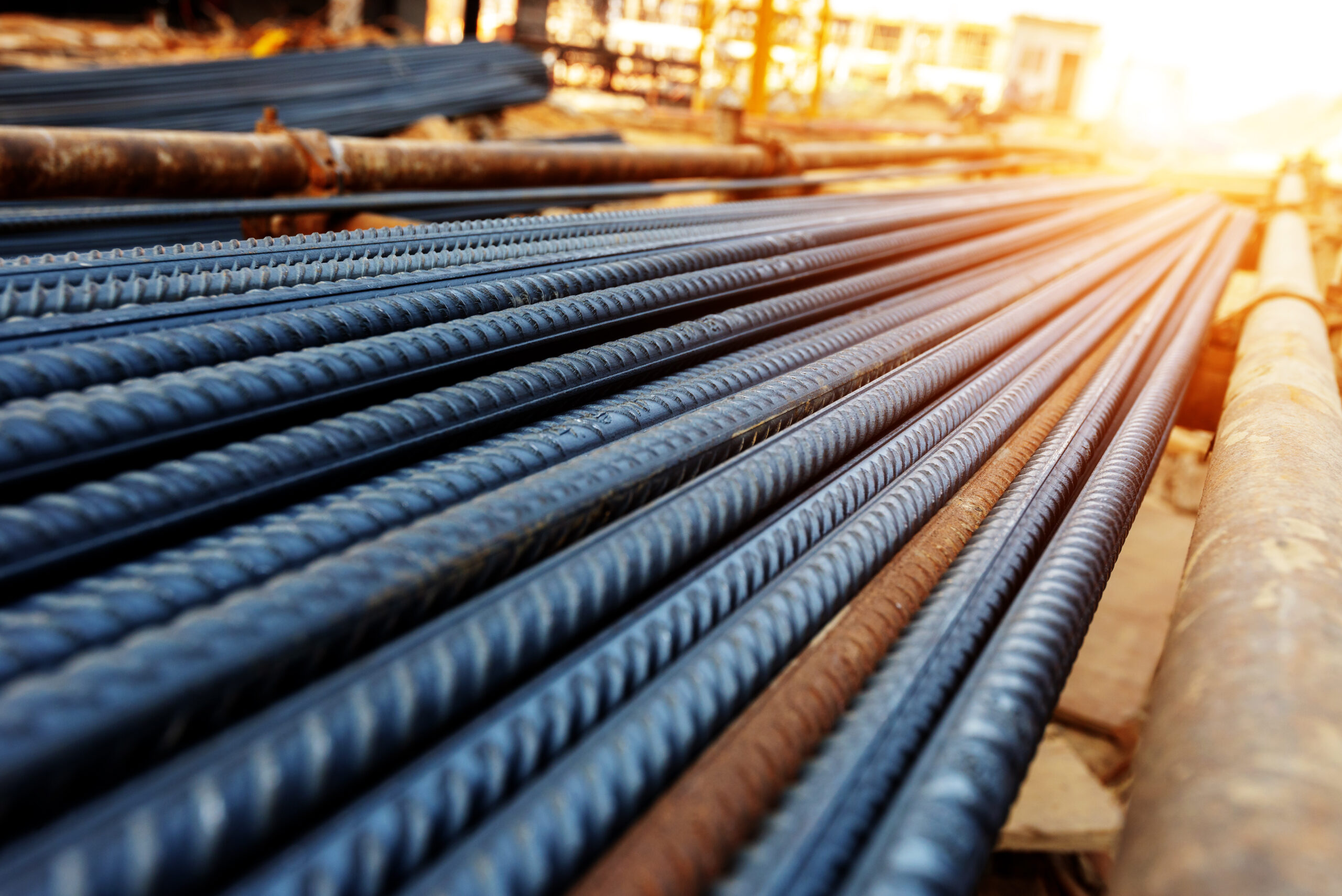Carbon Tariffs as a Shield Against High-Emission Steel Imports
At the second annual Circular Steel Summit in Houston, Texas, Kevin Dempsey, President and CEO of the American Iron and Steel Institute (AISI), underscored the growing threat of "dirty" steel imports from regions with lax emission standards. Dempsey emphasized the need for robust trade policies to protect the U.S. steel industry's commitment to low-carbon production.
“These regions are producing steel in the cheapest and dirtiest ways possible and dumping excess production into open markets like the United States,” Dempsey stated in a fireside chat with Dan Hilliard, Fastmarkets’ Americas steel editor.
Developing a Domestic Carbon Tariff
To counter the influx of high-emission steel imports, Dempsey proposed implementing a carbon tariff to level the playing field and incentivize cleaner production practices globally. He noted that while the European Union’s Carbon Border Adjustment Mechanism (CBAM) serves as a precedent, the U.S. approach would likely lean toward market-based solutions rather than tax-heavy models.
The tariff would assess the carbon emissions intensity of imports relative to domestic production. This mechanism would protect investments in sustainable steelmaking, ensuring that foreign competitors do not undermine the industry’s progress.
Looking forward, Dempsey highlighted advancements such as increased use of direct-reduced iron and the exploration of hydrogen as a reductant to reduce carbon emissions further.
USMCA, Data Transparency, and Trade Enforcement
Dempsey also called for improvements to the US-Mexico-Canada Agreement (USMCA) ahead of its 2026 review. He flagged the issue of foreign steel trans-shipment through Mexico, citing a lack of data transparency as a significant hurdle.
The Biden administration has taken steps to address these issues, such as imposing a “melt and pour” requirement on Mexican steel imports to curb circumvention. However, Dempsey stressed the importance of stronger collaboration and improved data sharing among the U.S., Mexico, and Canada to tackle trade law evasion effectively.
As the U.S. anticipates trade policy shifts under the incoming Trump administration, Dempsey predicted a renewed focus on tariffs and enforcement to protect domestic industries.
Tags
STEEL


